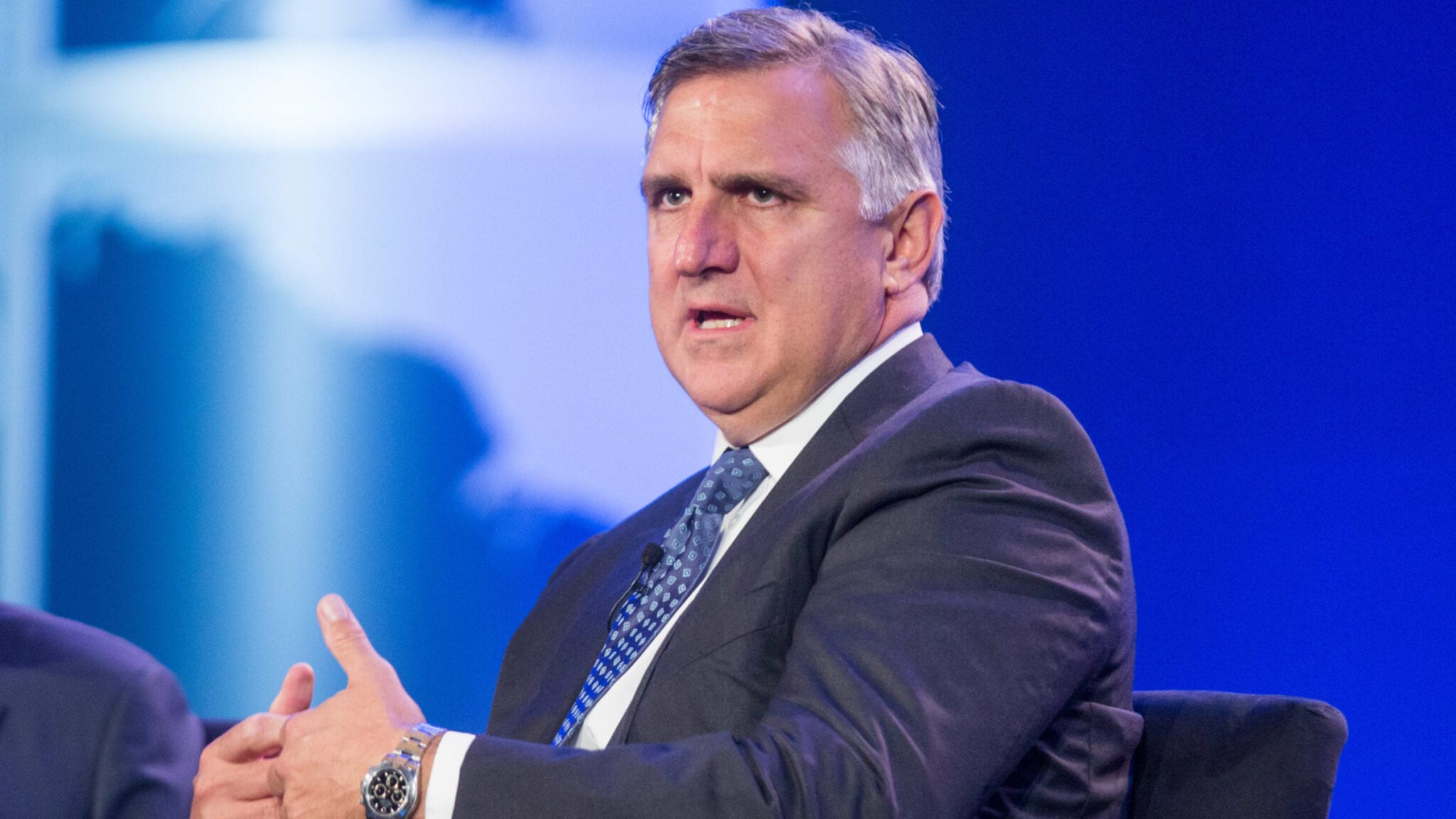
Outbidding 14 others and then themselves: How Amgen spent $2 billion on a biotech that had been on the brink
In the summer of 2020, you could get a share of Five Prime Therapeutics for less than a latte, but the company’s leadership knew that could soon change.
Five Prime was nearing a readout on their Phase II trial for gastric cancer. If it proved successful, it could return them to the perch they had lost in 2017, when a Bristol Myers Squibb-partnered drug flopped and tanked their shares. So they met with the board twice in June and twice in August to decide what would come next.
Unlock this article instantly by becoming a free subscriber.
You’ll get access to free articles each month, plus you can customize what newsletters get delivered to your inbox each week, including breaking news.